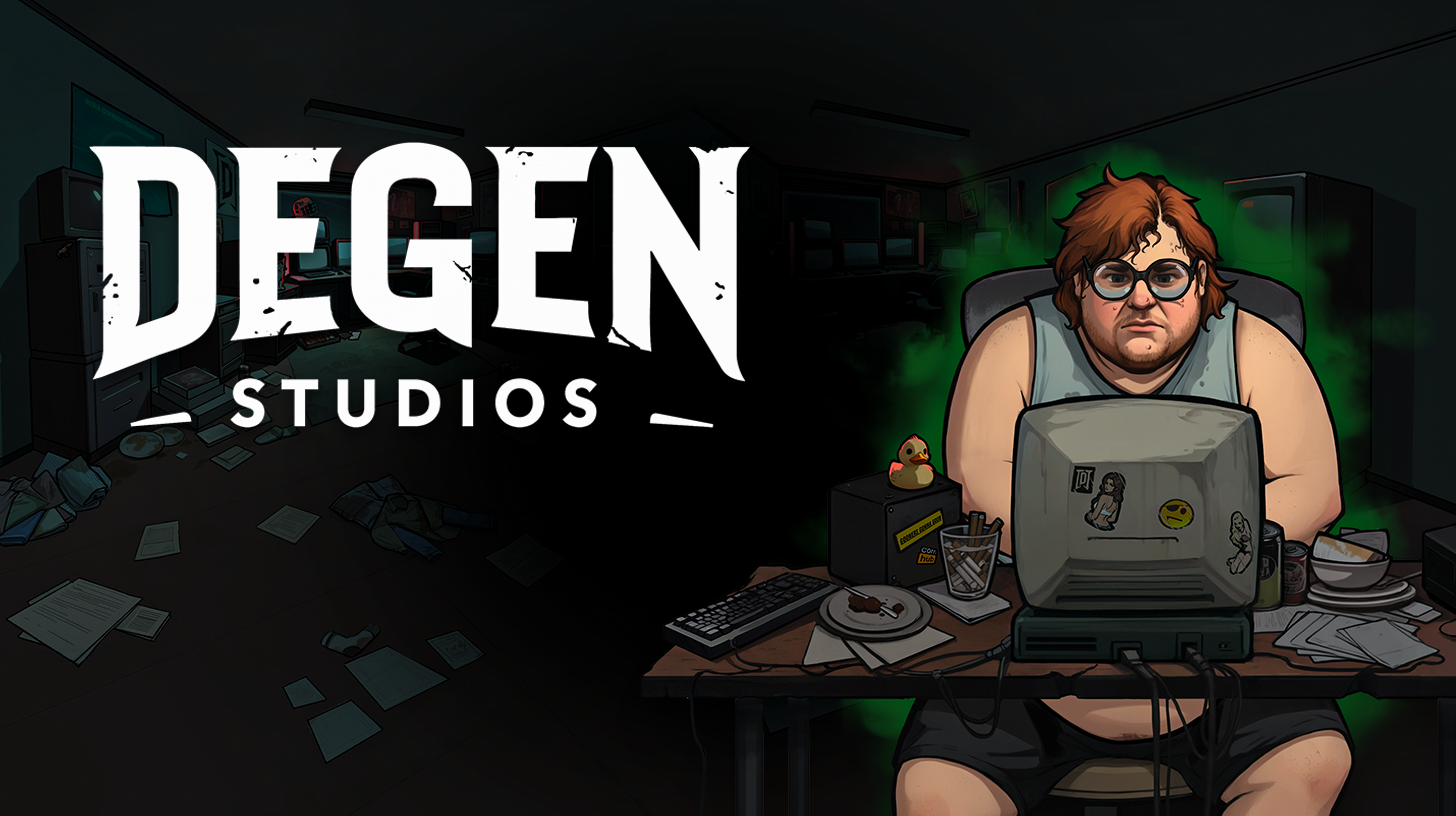Latest News From Fruity Slots
Fruity Slots isn’t just your home for casino news, we’re also bringing you the latest buzz. We know our community has a mix of interests so expect everything, from the latest game shows to breaking entertainment news and of course, the hottest casino trends. Plus keep an eye out as you’ll regularly see us popping up in mainstream media, bringing you exclusive stories to a wider audience.
Latest News
- Read More: Interview with Print Studios

Interview with Print Studios
We first became aware of Print Studios four years ago, when they joined Relax…
- Read More: The Famous Fruity Slots 2025 Awards

The Famous Fruity Slots 2025 Awards
It’s that time of year again – Fruity Slots Awards 2025 voting is officially…
- Read More: Peter & Sons To Release its Hits On Spotify

Peter & Sons To Release its Hits On Spotify
Peter & Sons has built a reputation for doing things differently – from standout…
- Read More: Interview with PearFiction Studios

Interview with PearFiction Studios
As Senior Marketing Manager at PearFiction Studios™, Janine Copperstone brings over a decade of…
- Read More: Interview with Snowborn Games

Interview with Snowborn Games
Q&A with Björn Zethraeus Snowborn is a Nordic game studio within the Games Global…
- Read More: Interview with Blueprint Gaming

Interview with Blueprint Gaming
Daniel Kalinowski Q&A Our latest Q&A focuses on Blueprint Gaming’s Rise of Atlantis Legacy,…
- Read More: Josh Vs Scotty: Slot Battle Breakdown. Who Wins?

Josh Vs Scotty: Slot Battle Breakdown. Who Wins?
The Fruity Slots Sunday Slot battle is our longest and most popular segment. Every…
- Read More: Interview with PearFiction Studios

Interview with PearFiction Studios
Janine Copperstone Q&A PearFiction Studios™ design and develop engaging casino games for distribution across…
- Read More: Interview with Gaming Corps

Interview with Gaming Corps
Fishing Pro: Reel Collect from Gaming Corps is certainly going to make slots fans…
- Read More: Why This Year’s Slot Battles Are More Brutal Than Ever

Why This Year’s Slot Battles Are More Brutal Than Ever
Slot battles used to be about the spins, about the bonuses, about the grind.…
- Read More: Behind the Scenes of a Fruity Slots Bonus Hunt

Behind the Scenes of a Fruity Slots Bonus Hunt
From blistering highs to Earth-shattering lows, a good, hearty Bonus Hunt has long been…





